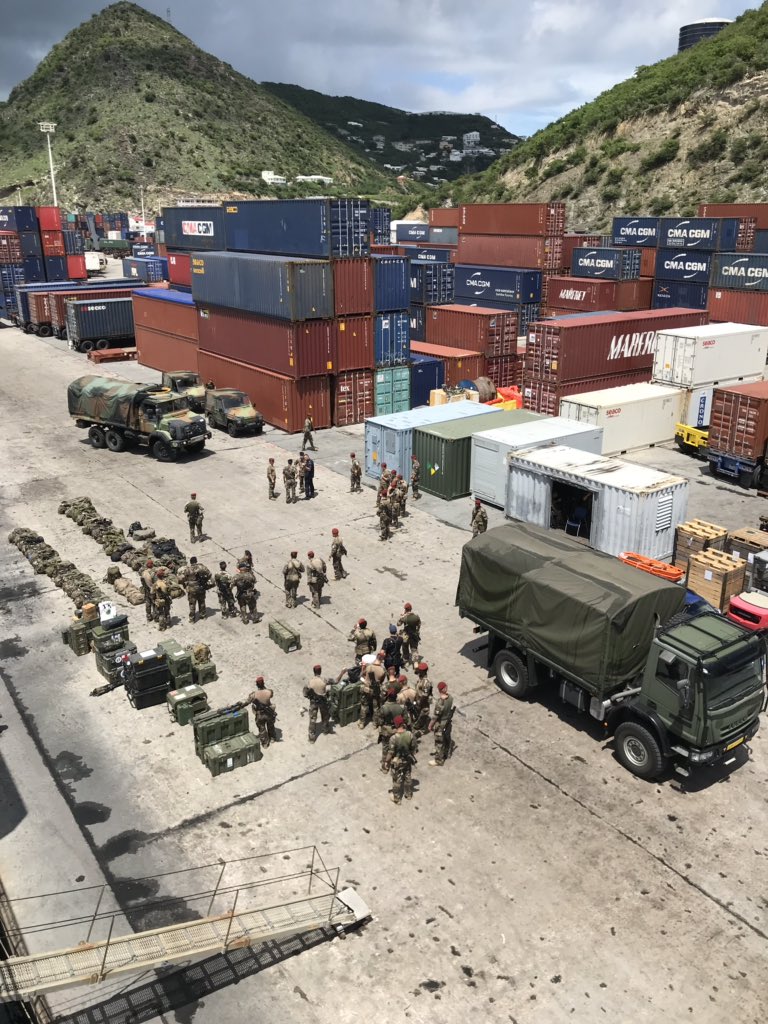The withdrawal from Bosnia is being prepared

(B2) The question of the future of the European military presence in Bosnia-Herzegovina (Eufor Althea) is now entering a crucial phase. The Ambassadors of the 27 should look into the question again this week. The decision should then be taken at the General Affairs Council in March 2009 – after an informal meeting of Defense Ministers which should clarify the issues.
The question is no longer should we withdraw and according to what timetable? But: how to withdraw? And what to replace it with?
How to avoid any (further) destabilization of Bosnia and Herzegovina. Several states have in fact announced that they would reduce their commitment to Eufor Althea as soon as possible. France and Spain had already announced that it was time to end this mission (this last October) and confirmed their withdrawal in recent weeks. They are now joined by Finland and Poland (for budgetary reasons). Even Italy - through the voice of its Defense Minister - has announced that if the engagement in Afghanistan is prolonged, it will be necessary to revise downwards the other areas of engagement of the Italian army (therefore that of Bosnia). The situation is therefore clear. These five countries alone represent almost half of the troops involved (Eufor Bosnia has 2100 people from 28 countries, see table). Which means in fact that the decision to withdraw is now inevitable. "The planning of a new mission that could succeed the current operation ALTHEA has begun" to the Council and has entered an active phase. Because if for many countries if the need for withdrawal is beyond doubt, the need for "maintaining a visible EU presence" is also important. "This mission could be an advisory and training mission for the benefit of the Bosnian authorities" according to the French authorities. It should be noted that the common costs of the operation amount to 71,7 million euros - the costs of personnel and equipment are borne by each participating State.
The forces present in Eufor Althea (figures provided by Eufor, 28 January 2009)
| AUSTRIA | 104 | LITHUANIA | 1 |
| BULGARIA | 117 | LUXEMBURG | 1 |
| ESTONIA | 2 | THE NETHERLANDS | 72 |
| FINLAND | 43 | POLAND | 200 |
| FRANCE | 89 | PORTUGAL | 53 |
| GERMANY | 135 | ROMANIA | 57 |
| GREECE | 45 | SLOVAKIA | 40 |
| HUNGARY | 162 | SLOVENIA | 30 |
| IRELAND | 54 | SPAIN | 309 |
| ITALY | 287 | UNITED KINGDOM | 10 |
| LATVIA | 2 | ||
| Sub Total EU NATIONS | 1,813 | ||
|
Non-EU NATIONS TROOPS IN THEATER
|
|||
| ALBANIA | 13 | SWITZERLAND | 25 |
| CHILE | 21 | TURKEY | 214 |
| FORM YUGOSLAV REPUBLIC OF MACEDONIA | 12 | ||
| 285 | |||
One of EUFOR's last actions: the hunt for the last Serbian war criminal
One of EUFOR's latest landmark operations was a raid on possible supporters of the last high-ranking Serbian war criminal at large, Radko Mladic, the former military leader of the Bosnian Serbs. Two simultaneous operations were carried out on the morning of February 10, in the residences of Milica Avram and Radinka Mladic, the sister and sister-in-law of Ratko Mladic. An operation carried out at the request of the Criminal Tribunal for the former Yugoslavia (ICTY) to seek information on possible support for the former general. Operation supported by NATO and the Bosnian Serb police. A reward of up to $5 million - to which is added $1 million promised by Serbia - is promised for any information leading to Mladic's arrest. If the latter were finally stopped or handed over, that would remove one hell of a thorn from the side for the countries insisting on a withdrawal as quickly as possible (it would mean the accomplishment of one of the EUFOR constituents) at the same time as for the Serbia and the 27 which could thus speed up preparations for joining the European Union. The most important country resulting from the dismemberment of Yugoslavia could then join Croatia very quickly on the way to integration with the rest of the continent.
(NGV)
